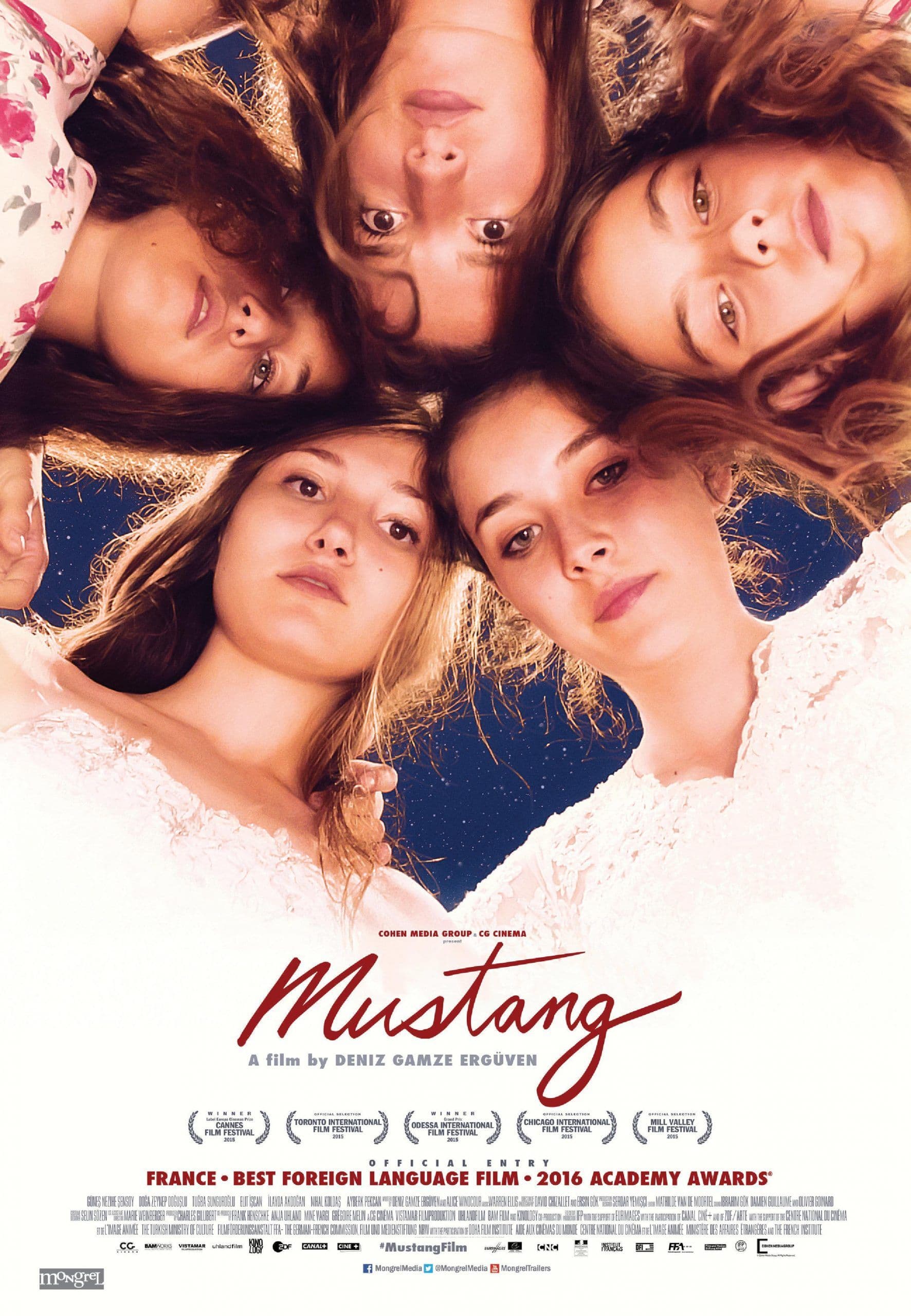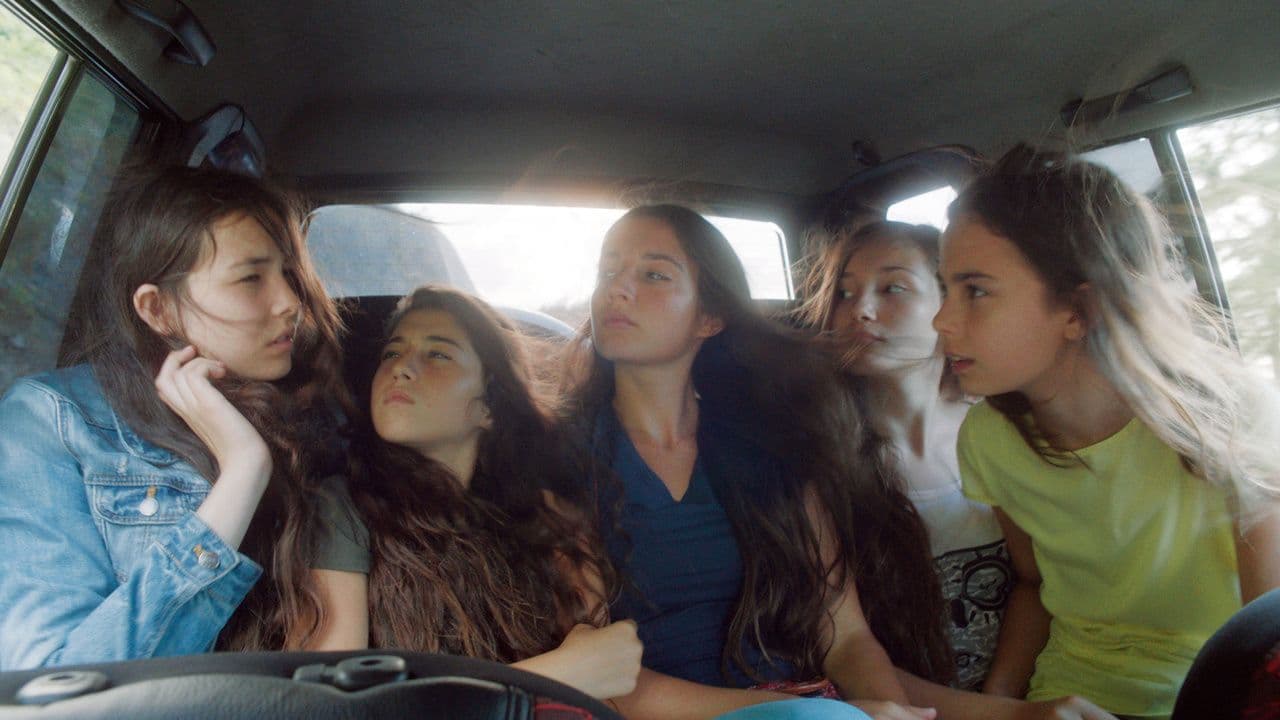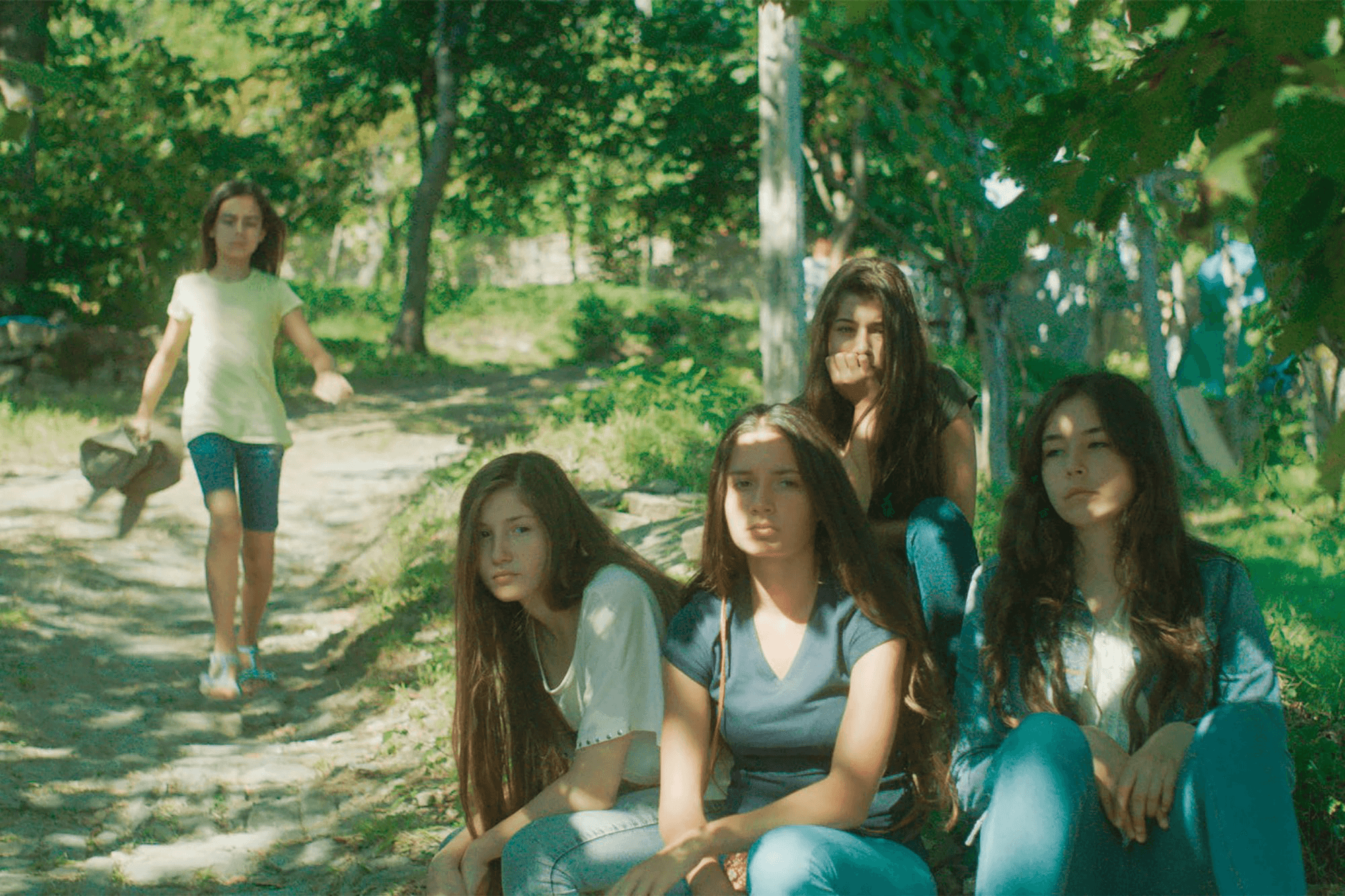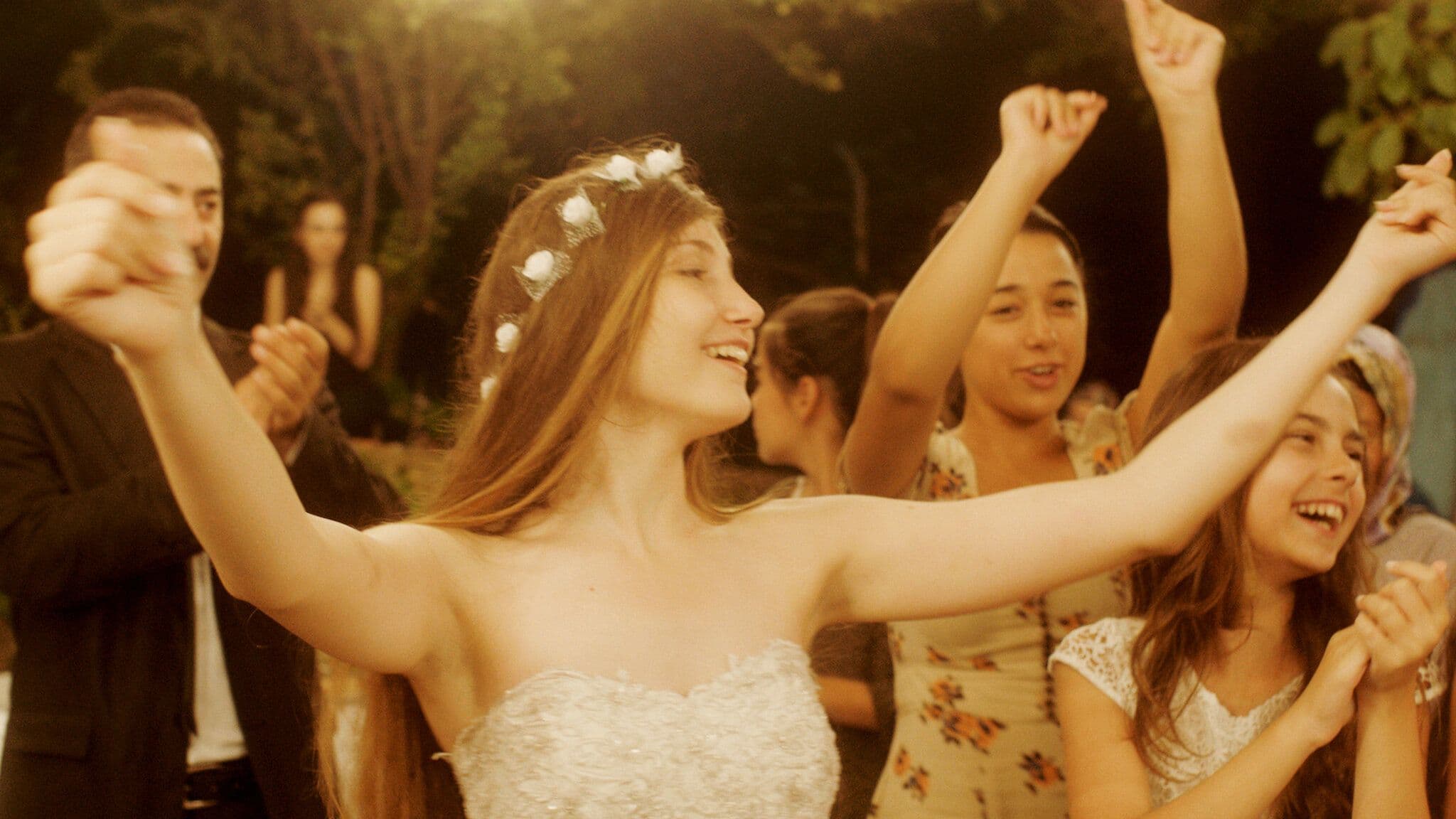
Mustang
2015
Rate this movie
Average: 0.00 / 5
(0 votes)
Director
The title of this film is in itself a manifesto, a declaration of intent of wild power and beauty. The five sisters who star in Deniz Gamze Ergüven's dazzling debut are exactly that: untamed fillies, a cascade of hair, laughter and vitality galloping free on the beaches of a Turkish village on the Black Sea. But the patriarchal society that surrounds them does not see their freedom, only a threat to be tamed, an energy to be broken and domesticated. Mustang is not a dark and resigned social drama. It is a vibrant work, full of sunshine and anger, a sort of female prison fairy tale, an escape film where the prison is the family home and the monster to be defeated is an archaic and suffocating value system. For its energy, courage, and stylistic perfection, it deserves a place of honor in our Movie Canon.
In a very deceptive way, and here lies the director's first brilliant insight, Mustang begins with light and joy. We see a group of schoolgirls, the five orphaned sisters Lale, Nur, Ece, Selma, and Sonay, who, on their last day of school, play and have fun innocently in the sea with some classmates. The photography is warm and golden, and the camera moves with an almost languid sensuality. For a moment, it almost feels like we've ended up in a Sofia Coppola film, in a Turkish version of The Virgin Suicides. There is the same attention to sisterhood, to the ephemeral beauty of adolescence, to a separate and almost magical female world. But, of course, within a few minutes, this idyll is shattered. A gossiping neighbor reports their “so-called indecent act with the boys,” and when they return home, their grandmother and uncle punish them severely. Their innocence is suddenly and brutally criminalized.
It is from this moment that the film changes its tone and the family home is transformed, scene after scene, into a prison. Ergüven stages this transformation with masterful clarity. Bars are installed on the windows, computers and phones are confiscated, colorful clothes are replaced with shapeless “shit-colored dresses,” as one of the sisters calls them. The house becomes a factory for wives, an institution where girls are forcibly re-educated with cooking and sewing lessons in preparation for their only, inevitable destiny: arranged marriage. The sisters, however, do not suffer passively. They react with the cunning, energy, and complicity that unites them. Their strength lies in their collective identity, a sort of five-headed hydra with flowing hair and rebellious spirits, which supports, argues, laughs, and cries together. The narrative is told through the voice of the youngest sister, Lale, a petite and tenacious heroine who becomes the eyes of the viewer and the strategic mind of the resistance, the Steve McQueen of this female great escape.
From a technical point of view, the film is flawless. All the actors, professional and non-professional alike, deliver performances of disconcerting naturalness, particularly the very young Güneş Şensoy in the role of Lale, whose gaze manages to convey a whole range of emotions, from childish anger to adult determination. Ergüven's direction, here in her debut, is astonishingly confident and fluid.
The cinematography is beautiful, capturing both the dazzling light of freedom and the claustrophobic darkness of imprisonment. And Warren Ellis's soundtrack perfectly matches the tone of the film, a mixture of lyrical melancholy and pulsating tension. Mustang is a work deeply rooted in its cultural and political context, and its controversial reception in Turkey cannot be ignored.
The film, a French-majority co-production, was nominated for an Oscar for Best Foreign Language Film for France, not Turkey. At home, it was accused by certain conservative and pro-government circles of being “inauthentic,” of pandering to a Western gaze and painting a negative picture of the country. In reality, the film is a courageous and necessary indictment of the patriarchal and reactionary drift of Erdoğan's Turkey, a country where, in those very years, laws were being debated that could have decriminalized child abuse in cases of “marriage of convenience.” Ergüven's film, therefore, was not just a story, but a timely and powerful political intervention, an extraordinary and brutally realistic response to a culturally suffocating and socially oppressive milieu.
The ending is not exactly happy, but neither is it completely sad. Lale and Nur's escape to the liberal metropolis of Istanbul is a moment of cathartic intensity, a breath of relief that the viewer waits for throughout the film. But their salvation is individual, and one's thoughts inevitably turn to the sisters left behind, swallowed up by the system. The film offers a glimmer of hope and happiness, but it also evokes horror. There is no total victory, but the testimony that resistance is possible, that the spirit cannot be completely subdued. In its perfect balance between fairy tale, denunciation, and thriller, Mustang establishes itself as a dazzling debut and a modern classic of cinema about freedom.
Main Actors
Genres
Gallery







Featured Videos
Trailer
Comments
Loading comments...